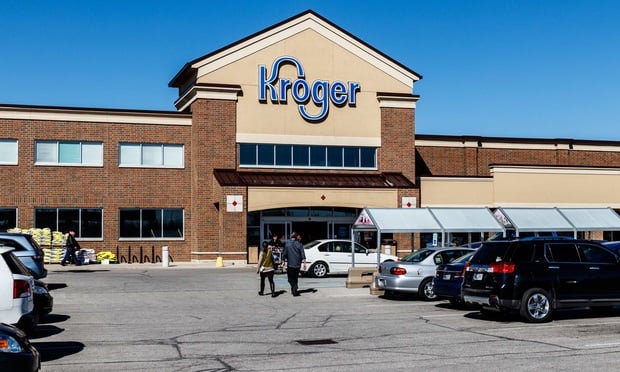McCallin, who develops a budget for Gov. Bill Owens and executes Colorado's $12.6-billion budget, says the 1990s had been very good economically for Colorado. "We were one of the top five states by almost any performance measure," McCallin said at the 2001 Economic Conference in Denver. "And if you look at all of the economic indicators, we were second in the nation in overall performance. Overall, we were only out-performed by our neighbor to the west, Utah."
However, one of the reasons Colorado has fared so well is it had been coming off an extremely low case following the energy crash of the mid to late 1980s. At that time, she points out, Colorado had suffered from overbuilding in every sector and office vacancy rates had soared to more than 30%.
In recent years, Colorado has benefited from high-tech and telecommunication jobs, although she says Colorado is not immune to the recent fallout among dot-coms. Also, the state has benefited because it is home to giant mutual funds, such as Janus and Invesco, which did extremely well in the '90s despite Janus' problems in the second half of 2000.
But perhaps more than anything else, Colorado's low unemployment rate has stifled growth, she says. "Essentially, anyone who wants a job is working," she says. "If you don't have a job, it's because you don't want to work; you're looking for a better job; or you're going back to school to train for a better job."
However, she worries that the construction industry, a major contributor to the economy, will slow this year and next, as major projects, such as the $400 million-plus Broncos stadium is completed. Part of that will be made up by a large increase in construction of new schools and roadwork, she says.
Colorado's economy also will slow if the national economy slows, she says. "There's a misperception that we are immune to what happens to the national economy," McCallin assesses. "That couldn't be further from the truth. We move with the national economy. When the national economy slows, we slow. But when it rises, we rise even more." She also says she is concerned that developers are overbuilding in the industrial market.
Sherman Miller, who heads the Cushman & Wakefield of Colorado Inc. office in Denver, disagrees. "We see the industrial market as being in balance," Miller says. "It's like the southeast suburban office market. There were some concerns of overbuilding, but everything that is getting built is being absorbed." He also points out that lenders have become extremely careful and more prudent when funding commercial real estate projects, unlike the turbulent 1980s.
Want to continue reading?
Become a Free ALM Digital Reader.
Once you are an ALM Digital Member, you’ll receive:
- Breaking commercial real estate news and analysis, on-site and via our newsletters and custom alerts
- Educational webcasts, white papers, and ebooks from industry thought leaders
- Critical coverage of the property casualty insurance and financial advisory markets on our other ALM sites, PropertyCasualty360 and ThinkAdvisor
Already have an account? Sign In Now
*May exclude premium content© 2024 ALM Global, LLC, All Rights Reserved. Request academic re-use from www.copyright.com. All other uses, submit a request to [email protected]. For more information visit Asset & Logo Licensing.








